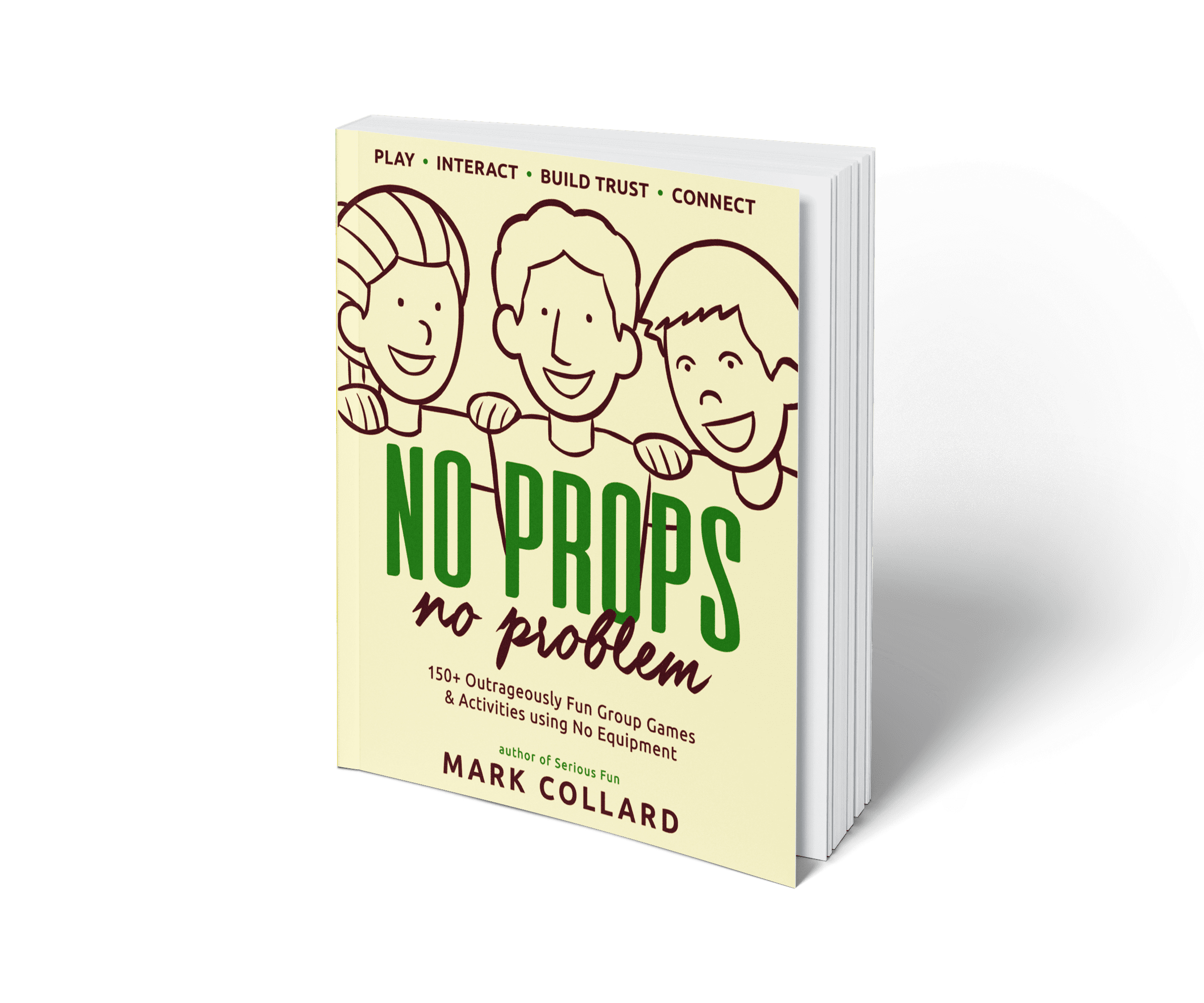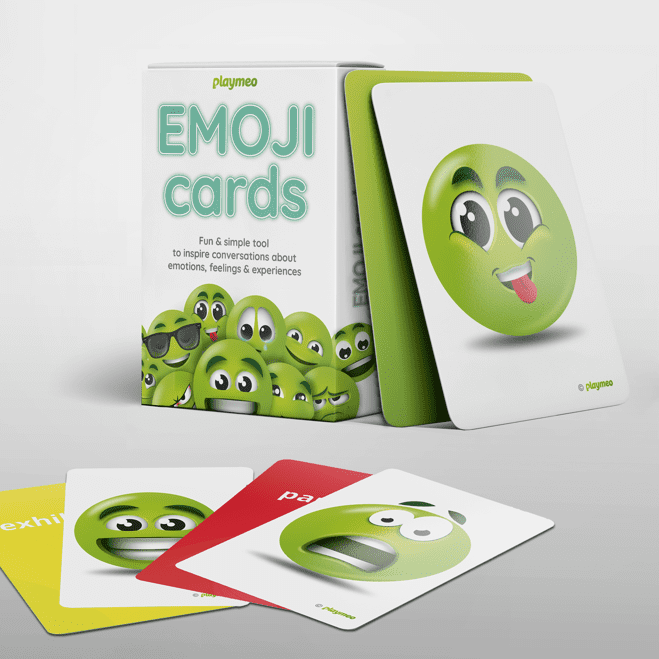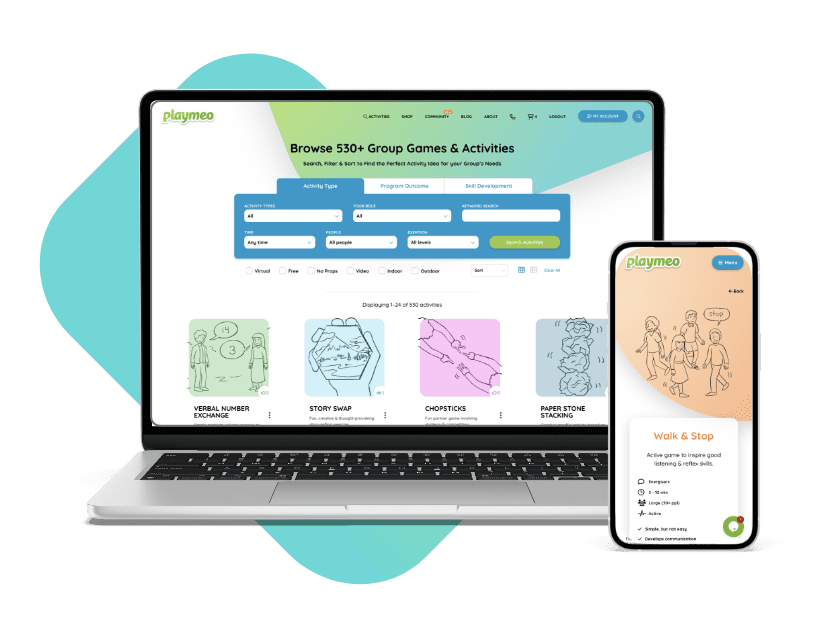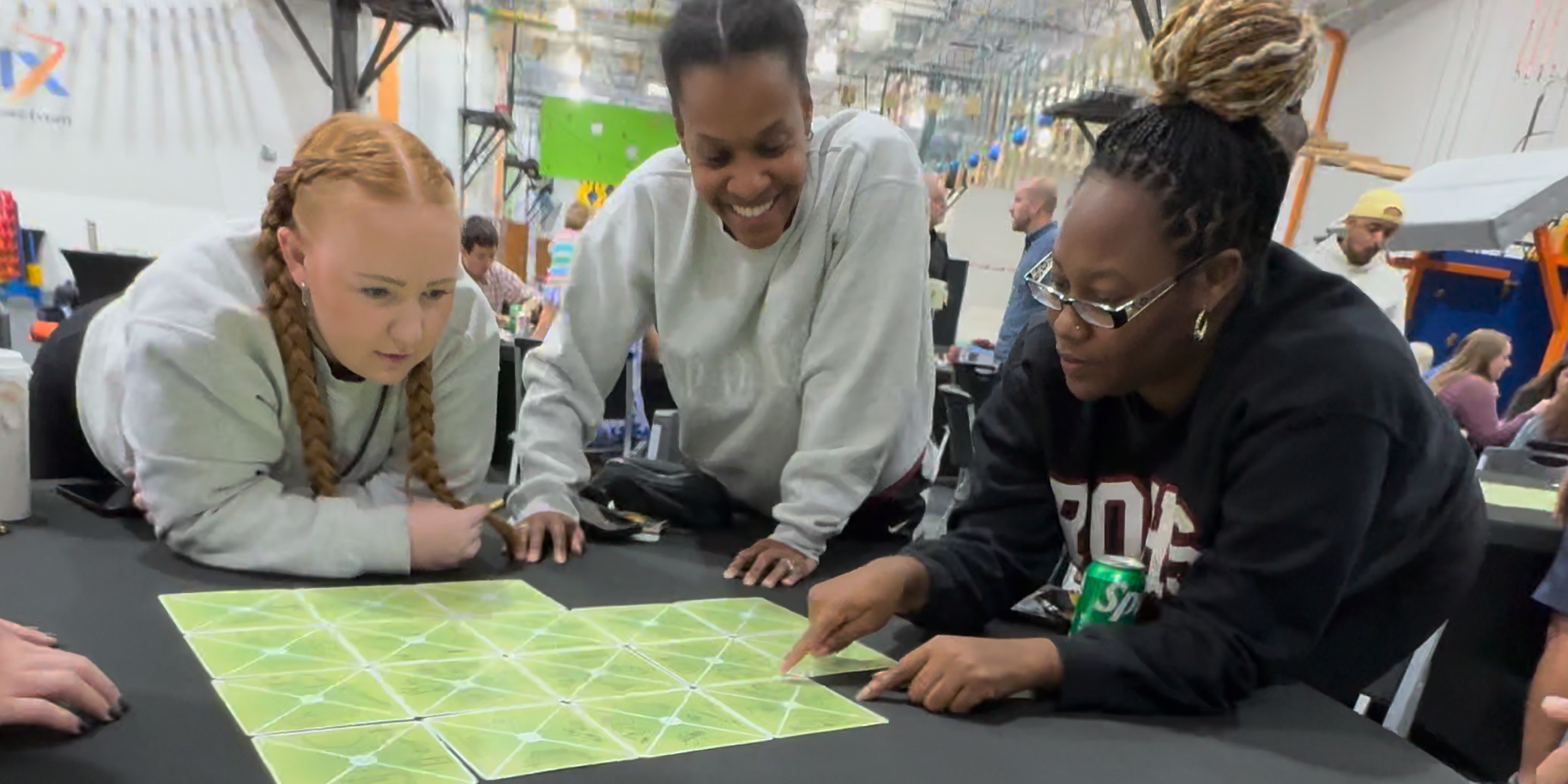A few weeks ago I wrote about the difference between someone who plans on the run and another who strictly follows an agenda they developed in advance.
Not that this is a case of wrong or right, or good or bad, but I tend to sit on the make-it-up-as-I-go-along end of the planning spectrum, especially if I compare myself to how I worked in my early years of facilitation.
Today, I want to explore what I do (and not do) directly before I step in front of my group.
That is what I do to prep for a gig.
Rituals, Habits & Preparation
Naturally, there is time spent on planning what activities I plan to deliver. That is, I’ll think about what experience will I present first, then second, and third, etc? This was the focus of my earlier blog post.
But, once armed with these thoughts and notes, what do I actually do in the minutes leading up to the start?
Listed in an order roughly approximating what happens, this is what I do:
1. Arrive Early
This achieves several outcomes. One, it communicates to the client that I care. Two, I have ample time to scope out the venue and shift any furniture if I need to. And three, most importantly, I am stress-free – there is nothing worse than feeling stressed directly before I’m about to start. Indeed, if possible, I will arrive the night before and stay in a hotel close to the venue to eliminate as many obstacles impeding my progress on the day.
2. Set-Up Unofficial Start
If this concept is new to you, click here to learn why an ‘unofficial start’ is so helpful in amplifying your program objectives. Having everything set up and ready to go as soon as the first folks arrive is such a joy. Participants are immediately engaged – there’s no unproductive idle time. You and they have options to keep them busy.
Under this same heading, I also consider how I want my group to congregate. On the floor, around a table, close to the entrance, or by a window, etc, etc. All of this is good ‘unofficial start’ prep.
3. Logistics
Okay, this part of the ‘prep for the gig’ list is not glamourous, but I have learned that these habits are essential to my success:
- Visit the bathroom – two or more times before my program starts. I do not often get nervous prior to an event, but I don’t think this memo is transmitted to my internal plumbing. A nervous wee (or more) is a mandatory step before I can feel comfortable standing in front of my group. Nerves aside, I never want to hold in a wee for too long during a session, or worse, have to excuse myself partway through. Unprofessional, not to mention, uncomfortable.
- Fill my water bottle – rule number one for all leaders: have a full bottle of water handy at all times. Bring one with you or fill up your bottle when you arrive. There is nothing worse than getting a dry mouth or scratchy throat partway into a session.
- Look in the mirror – I’m not being vain, but the elements outside may have caused my appearance to look a little less than desired once I get inside the building. A quick tuck, comb and a smile, and I’m good to go.
4. Greet People as they Arrive
A lot of groups often compliment me on my ability to learn their names quickly, even if there are a lot of them. The impression I give is that I’m good at remembering names. I’m not. I just have great name-remembering strategies. We all love it when someone (a) uses our name and (b) remembers our name. Engaging with people early and asking for their name is just one of the many helpful strategies I employ to help me influence how people feel at the beginning of my programs. If I happen to remember their names, even better. But as described in the blog post mentioned above, this is just one part of my overall greeting process. Look people in the eyes, shake handshakes, smile. Basic stuff, but oh boy, are these simple rituals powerful.
5. Official Stuff
Once the unofficial start is done and most (if not all) of the group has arrived, I turn my attention to the official start. Maybe this is a welcome and/or introduction from the client. Or, a welcome to or acknowledgement of country. Or, if the official welcome is left to me, I’ll typically be quick and get people playing again. And then we are all GO.
Top Ten Icebreakers & Group Games
Download our free 28-page ebook jam-packed with outrageously fun activity ideas.
How to Prepare for Conflict, Resistance, Reflection, etc.
What I have shared above is typical of almost every program I deliver.
However, there are particular or peculiar ways I prep for certain elements of a program, such as when I expect to confront conflict or resistance or a significant debriefing moment.
These are all interesting topics and worthy of a blog post on their own.
I recognise that, over the years, I have developed a bunch of strategies and practices that have assisted me in preparing for and managing events such as these.
Stay tuned for links (dropped in here later) focusing on these strategies.
What Do You Do to Prep for a Gig?
I’m curious.
What do you do or not do directly before you step in front of your group at the start of your programs?
Do you have any rituals, habits or practices that work for you?
Please share in the comments section below.

No Props? No Problem!
Get 150+ no-prop games & activities + exclusive 30-day free trial of playmeo. Scan QR codes to view activity videos, leadership tips, etc.

EMOJI Feeling Cards
50+ cards that portray a range of emotions from happy, sad, angry & confused. Ideal for building emotional literacy skills.

Wow, you’ve been busy!
You can open 1 more
activity for free.
Limit resets every 24 hours
or click below to get unlimited access.











Hola..!!
Muchas gracias por tus posts. Ayudan mucho y clarifican el proceso para facilitar los eventos con más garantía de éxito.
En mi caso (aunque aún soy un novato), además de todo lo que has comentado, lo que intento hacer si tengo el tiempo suficiente es algo de deporte: salir a correr, nadar, yoga o un paseo ligero. Esto me ayuda a “relajarme” porque yo si que me pongo un poco nervioso, “¿podrías compartir tips para combatir lo nervios previos?”.
Muchas gracias por tu labor,
Saludos desde Canarias (España)
Carlos! Thanks for commenting. I presume you will be able to translate my response, because I do not speak Spanish 🙂 In short, I love (and really appreciate) your suggestion, to share my tips for combatting nervousness. Managing nerves is a very real thing, and I am certain there woudl be many others who would benefit from my experiences with battling nerves. I’ve added it to my list of blog topics and it will appear early in the new year. Thanks again.
Mark, not problem at all, i can speak a bit of english ;).
I look forward to your comments on how to handle previous nerves.
Merry Christmas and Happy New Year to all the Playmeo team